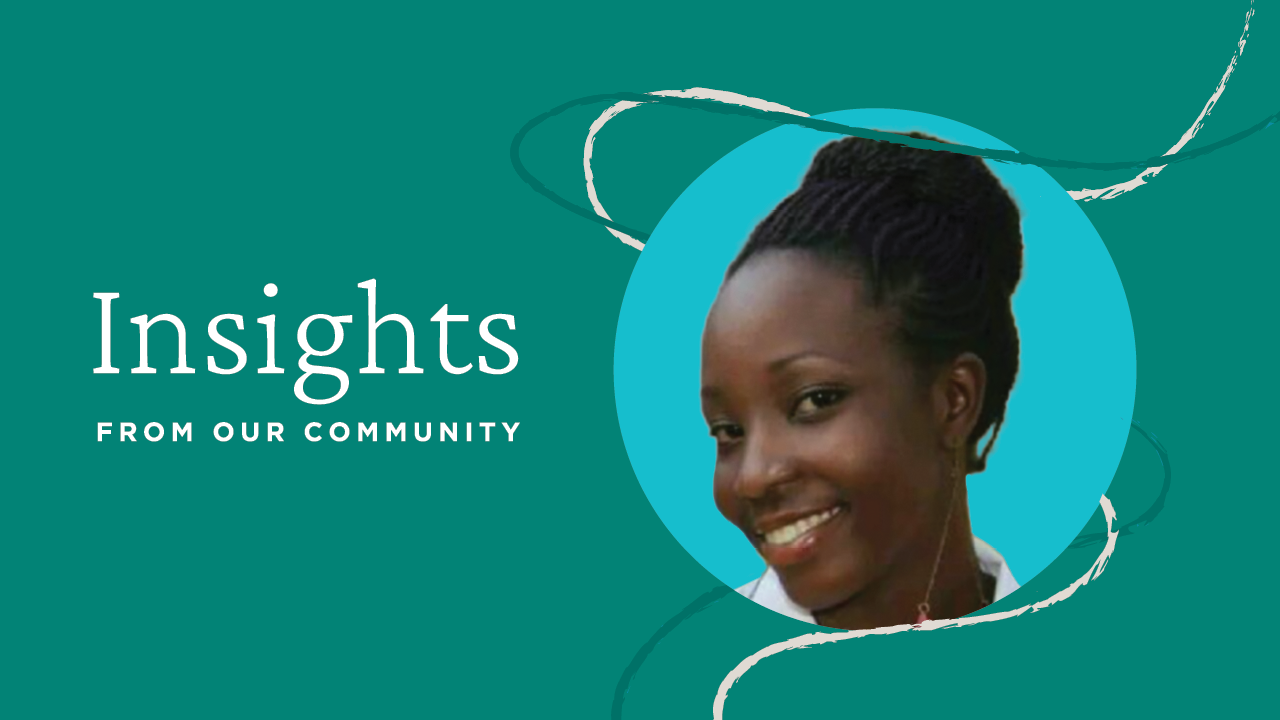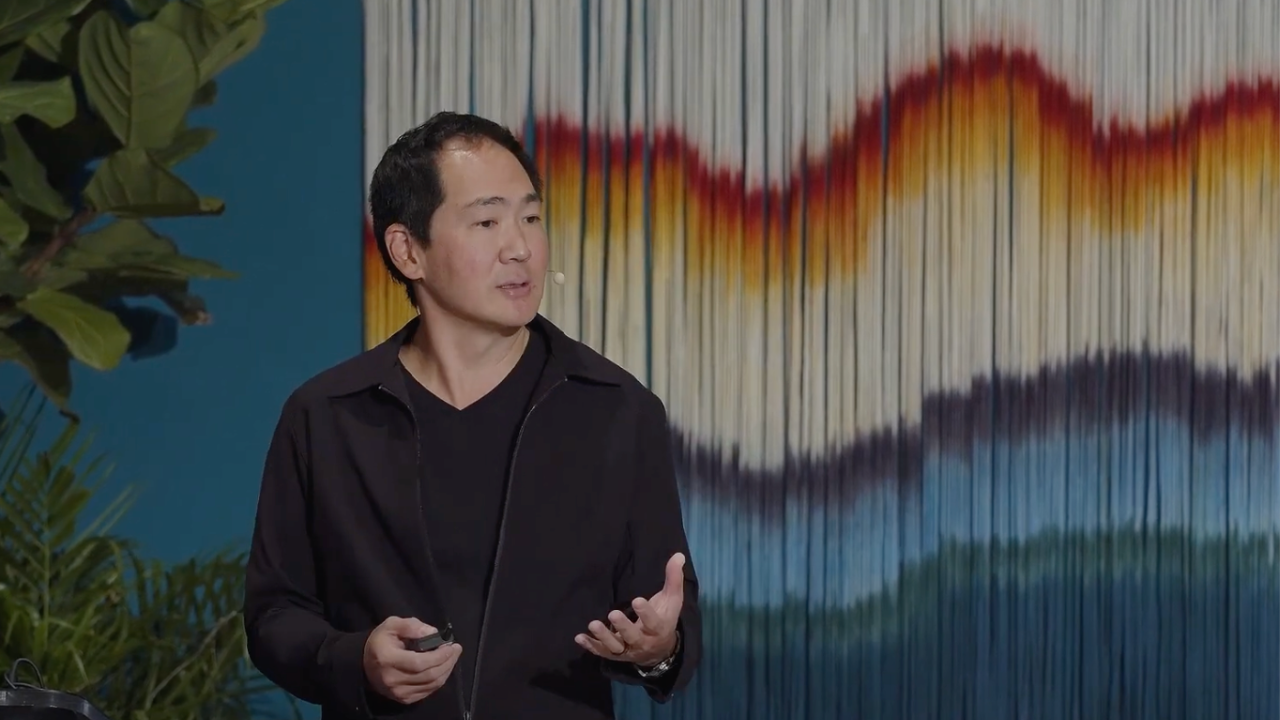Why academia needs to stop pigeonholing capitalism
Capitalism exploits workers. Capitalists are greedy. Capitalists destroy the environment. Or so say capitalism’s critics.
The litany of complaints about capitalism stretches to the horizon, ignoring the fact that capitalism has improved the lives of countless millions and serves as the single-most powerful force for good the world has ever seen.
Why the disconnect? Any business people worth their salt know that the essential ingredient to long-term success is balancing the needs of the entire stakeholder chain. Yet there continues to be a mismatch between the prevailing narrative about business (greedy pigs) and the reality we know to be synonymous with a truly successful business (value-creators for everyone the business touches).

The problem starts with business education that narrowly promotes a profit-maximization model. Most college economics courses introduce students to “the profit motive” by erroneously establishing that the ultimate goal of a business is to maximize profit. Thankfully, there are a few places working to reverse that trend. At the University of Virginia’s Darden School of Business, professor R. Edward Freeman has been a renowned thinker in stakeholder theory for decades.
You run a great business by creating great products and services for customers, you have employees who show up and want to be there, you have suppliers who want to make you better, and you’re a good citizen in the community, he said in a 2013 TEDx talk.
“If you do those things, you’re going to make money.” According to Whole Foods Market co-CEO John Mackey, capitalism has a branding problem.
In a 2005 online debate with the late Nobel Prize-winning economist Milton Friedman, Mackey said, “I believe if economists and business people consistently communicated and acted on my message that ‘the enlightened corporation should try to create value for all of its constituencies,’ we would see… resistance to capitalism disappear.”
The crux of the debate revolved around Friedman’s long-held belief—and prevailing view among free-market economists and educators—that the sole purpose of business is to maximize profits for shareholders.
But Mackey and fellow Conscious Capitalists believe that enlightened businesses that reject zero-sum thinking and look for synergies instead of trade-offs inevitably do better for investors than those that prioritize shareholders alone.
“In the profit-centered business, customer happiness is merely a means to an end: maximizing profits,” Mackey said in the debate. “In the customer-centered business, customer happiness is an end in itself, and will be pursued with greater interest, passion, and empathy than the profit-centered business is capable of.”
Friedman, who died about a year after the debate, ultimately said the differences between his teachings and Mackey’s practice were largely semantic.
“The differences between John Mackey and me regarding the social responsibility of business are for the most part rhetorical,” Friedman said. “Strip off the camouflage, and it turns out we are in essential agreement.”
Mackey noted that if his view that “the enlightened corporation should try to create value for all of its constituencies” and Friedman’s view that “the social responsibility of business [is] to increase its profits” and are “equivalent,” then he knew which statement had the superior marketing power.
For Conscious Capitalists, profit is a path to purpose.
“We want to improve the health and well-being of everyone on the planet through higher-quality foods and better nutrition, and we can’t fulfill this mission unless we are highly profitable,” Mackey said. “Just as people cannot live without eating, so a business cannot live without profits. But most people don’t live to eat, and neither must a business live just to make profits.”
Despite Mackey’s passion—and a growing body of evidence that backs him up—mainstream economists and business schools continue to hammer home the message that the sole purpose of business is to maximize profits. And that message has been winning the day.
Thanks to their business school educations, it is commonplace for executives to think that business is a zero-sum game. But Conscious Capitalists fundamentally reject zero-sum thinking, and they know that the most successful business people in the world run organizations that are intentionally structured to allow all stakeholders, not just shareholders, to flourish.
Conscious Capitalism, Inc. is now working to change the old narrative by changing the way business is taught.
For example, the Arizona chapter of Conscious Capitalism began working with a number of universities in 2015 to introduce Conscious Capitalism programs in schools. The goal is to help young people see business as a force for good—and to understand they don’t have to pursue careers with nonprofits or government in order to achieve good in the world. Demonstrating the seriousness of its efforts, the Arizona chapter worked with Raj Sisodia, a Conscious Capitalism cofounder and the F. W. Olin Distinguished Professor of Global Business at Babson College, to develop the programs with an eye toward developing a national template.
Today, MBA students at places like Grand Canyon University’s Colangelo College of Business learn to factor things like environmental and social issues, employee satisfaction and retention, and company culture as part of marketplace simulations. The idea is to train the students to evaluate practices with an eye toward maximizing value for all stakeholders, not just shareholders—because Conscious Capitalists know that this is what creates the greatest profits in the long term.
Elsewhere, professors are growing more open-minded to Conscious Capitalism’s potential. In April, for example, Robert Bird, professor of business law and the Eversource Energy Chair in Business Ethics at the University of Connecticut School of Business, brought in a Conscious Capitalist as a guest speaker.
“This is yet another opportunity to expose students to values-driven principles of business,” Bird said in an article posted on the business school’s website. “I hope that each student can embrace ethical principles such as Conscious Capitalism when they graduate from the School of Business and become future leaders for their employers.”
I believe that we can be the generation that makes business better, Freeman said in his TEDx talk.
For his part, Mackey said he’s confident the stakeholder model will take preeminence over the profit-maximization model that predominates today.
“These ideas will triumph over time, not by persuading intellectuals and economists through argument but by winning the competitive test of the marketplace,” Mackey said in his debate with Friedman. “Someday, businesses like Whole Foods, which adhere to the stakeholder model of deeper business purpose, will dominate the economic landscape. Wait and see.”



